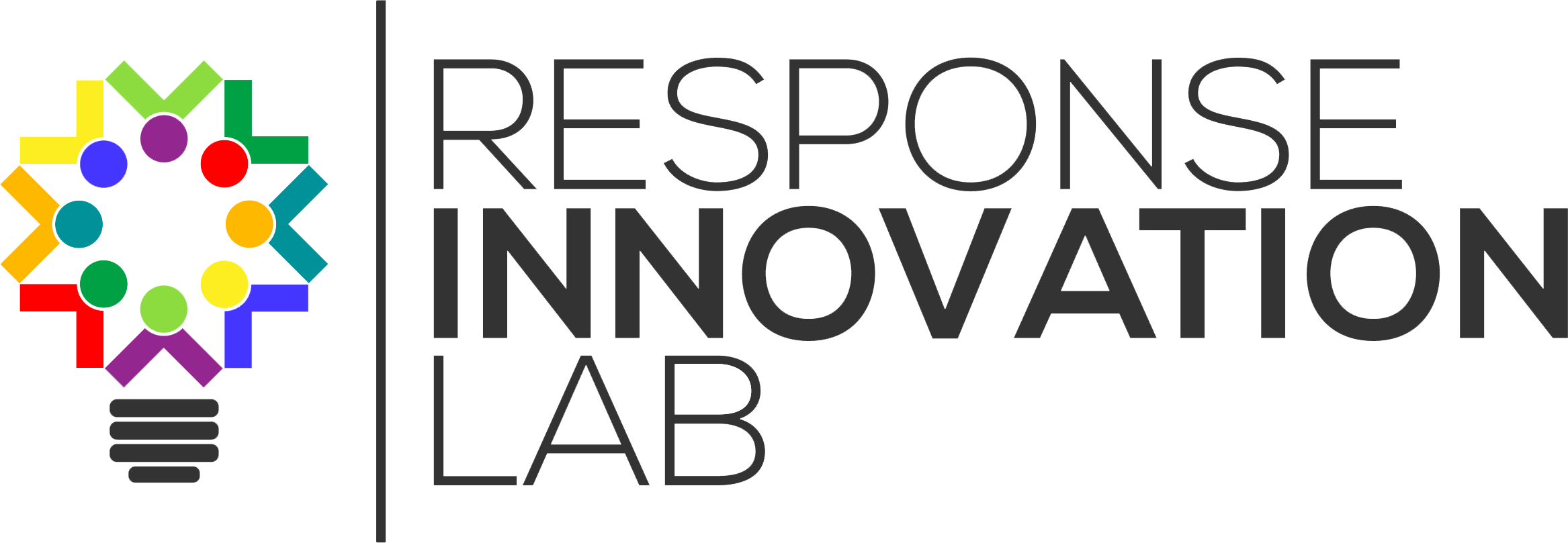Borda
Borda
Pre-fab Septic Tank Kit for Emergencies
Location: Iraq
Host: Oxfam
Invested: $15,000 for prototype
Needed: $ 60,000 for the first pilot in Iraq
An easily sourced prefabricated septic tank to support sanitation and hygiene needs in refugee camps for the short and long term are in place
The Challenge
Relocation of masses into emergency camps due to natural or geopolitical conflicts is, unfortunately, more frequently with the total time families, people, and children spend in the camps varying from several months to decades depending on the intensity of the crisis. The water and sanitation infrastructure in these camps are often constructed overlooking the long-term needs such as safe containment and disposal of faecal matter. Intensified by the density of population, most camps pose a serious threat to the surface- and ground-water sources. While conventional faecal sludge containment systems are available, they need considerable resources for their construction including materials, time, and a skilled workforce. In a rapid on-set of emergency, it is difficult for aid-agencies and local governments to mobilize all of these. Hence, the need for a solution that is robust, readily available, easy to transport, simple to construct, and inexpensive.
The Solution
In response to the need, Borda began developing an industry-standard product to handle human faeces from communal toilets in camps. The bladder system or “Septic Bag” lays on the ground while the infiltration system is built as a substructure underground. The innovation combats many of the issues heard and observed in the camps regarding sanitation, and instead:
is able to serve pour-flush toilet blocks of up to 500 people per day
can biologically stabilize and store the sludge (solid fraction) for up to 6 months safely
can separate and discharge the liquid and solids into a nearby sewer or underground soak-a-way structure
can possibility to capture and utilize biogas and omitting the possibility of odor nuisances
has a low excavation depth and construction height
is easy to manufacture and store, transport and to assemble
The Impact
Highlights of the prototype phase:
A system has been developed and two prototypes produced
Assembling and hydraulic tests have been successfully finished with the Federal Agency for Technical Relief Services
Surdash Camp has been identified and selected
Feasibility Study on site has been conducted
The Next Stage: Pilot
Currently, the next stage is to take the Septic Bag to pilot after its initial prototyping and testing phase in 2018. This pilot aims to validate the functionality, operation, and ease of use of the septic bag kits by implementing two membrane septic bags in an emergency relief camp. BORDA will install and monitor the operation of the septic bag kits for six months. The learnings will be extracted throughout the piloting phase to optimize packaging, storage, transport, installation, durable operation and decommissioning. The learnings from the piloting will be taken up for improving the kit design for production.
Contact Us
To learn more about this innovation, please email us.

